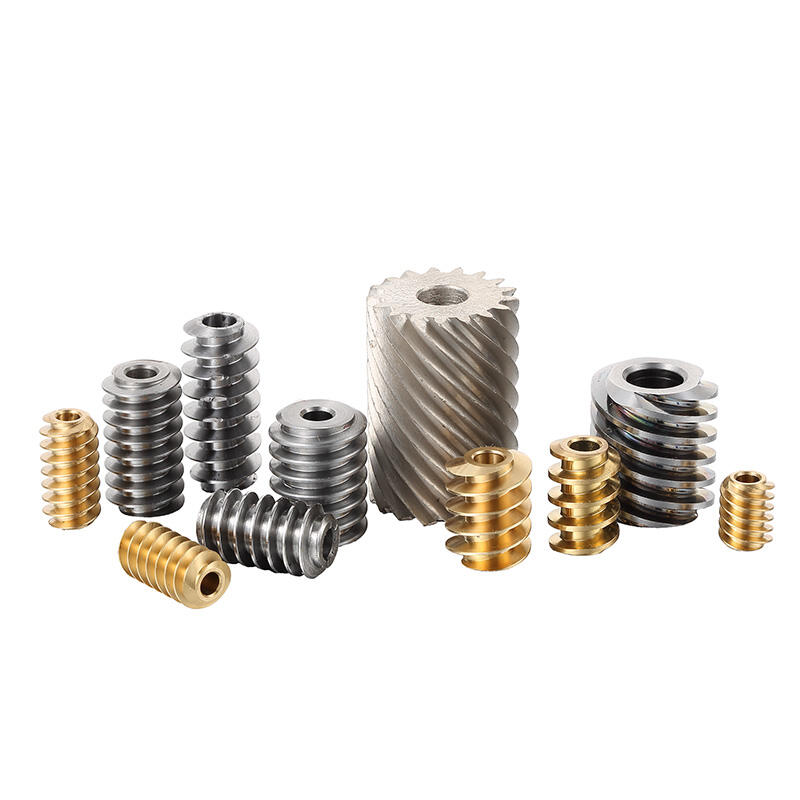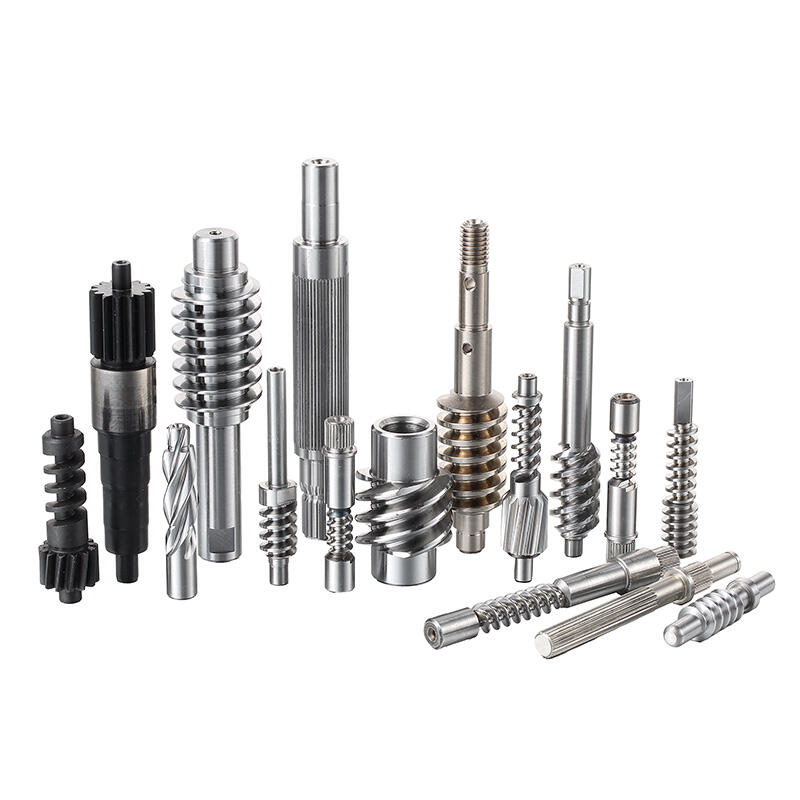stator winding equipment
Stator winding equipment represents a crucial advancement in electric motor manufacturing technology. This sophisticated machinery automates and optimizes the process of winding copper or aluminum conductors into motor stators. The equipment combines precision mechanics with advanced control systems to ensure consistent, high-quality windings essential for motor efficiency and reliability. Modern stator winding equipment features computerized controls that enable precise tension control, automated wire feeding systems, and programmable winding patterns. These machines can handle various wire gauges and stator sizes, making them versatile for different motor applications. The equipment typically includes multiple stations for simultaneous processing, enhancing production efficiency. Advanced sensors monitor the winding process in real-time, ensuring proper wire placement and preventing common issues like overlapping or gaps. The technology incorporates safety features such as emergency stops and protective barriers, while also offering user-friendly interfaces for operation and maintenance. This equipment serves various industries, including automotive manufacturing, industrial motor production, and renewable energy systems, where precise motor components are essential for optimal performance.


